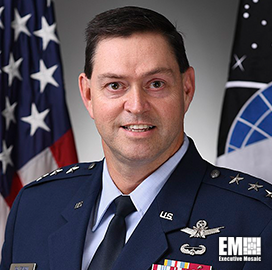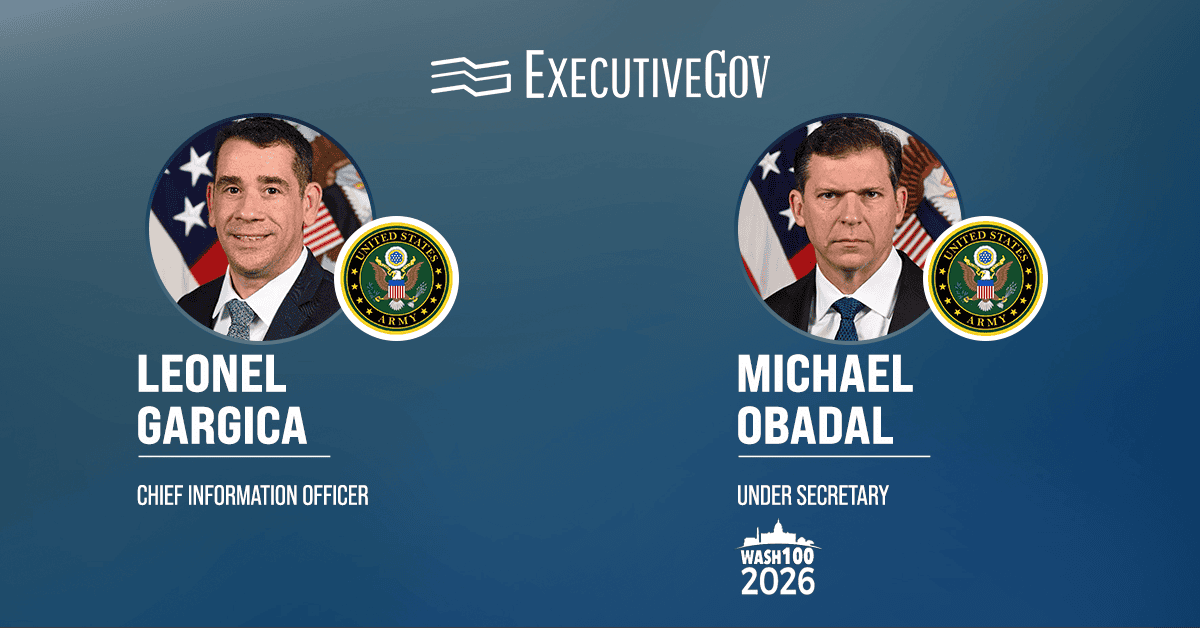Lt. Gen. B. Chance Sdaltzman, deputy chief of space operations at the U.S. Space Force, said the service branch must lead efforts to establish and promote regulations on orbital safety, SpaceNews reported Friday.
Saltzman said at a Brookings Institution event that the Space Force should have a central role in addressing space junk and debris that could impact international space operations in the long run.
He noted that the Space Force needs to drive the conversation on preventing interference between satellites in addition to “helping devise rules and tenets of responsible behavior in space”.
“It’s about working with partners to come up with what the right rules of the road are,” said Saltzman.





